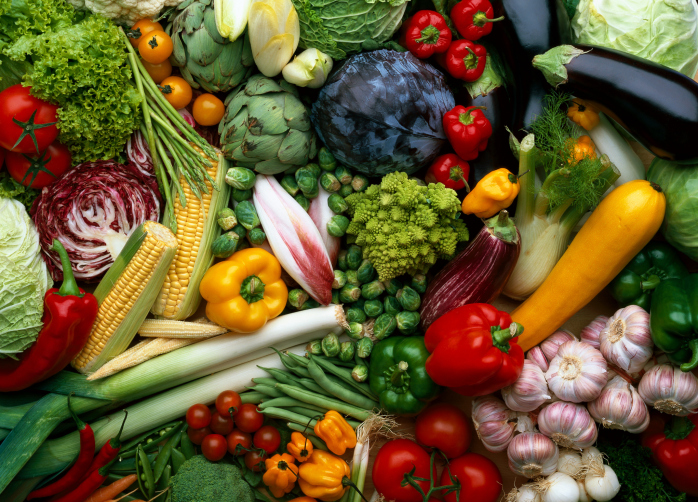
Breakfast was approaching. The morning is beautiful, the sun rises, and birds sing. John is the first person in the kitchen to prepare breakfast. He follows a routine: he starts with a pot of coffee, then cooks scrambled eggs and toast. He enjoys working with the process. Soon, the house begins to fill with the smell of coffee and food, and the rest of the family starts to wake up.
You probably have been told breakfast is “the most important meal of the day.” When you go to sleep, you go without eating for 6 to 9 hours. Therefore, breakfast is the first meal you have for an extended period.
Breakfast is like the fuel that ignites the body in the morning. The body needs protein because it cannot store it in the body. Sugar levels are likely altered by not eating for many hours. Breakfast levels out the number of sugars in the body, helping prevent diabetes.
Healthy breakfast foods, such as eggs, fruit, or cereals, are a good source of many of the vitamins and minerals we need throughout the day. Without these foods in the morning, it will be difficult to replenish this loss later in the day. The body needs nutrients to function well.
Spending 15 minutes at breakfast every day should include a slice of whole wheat toast with peanut butter and a banana. You will have completed a fourth food group by drinking a glass of milk.
Five benefits for a good breakfast.
- Charging batteries. The body works very fast while we sleep. The cells are rejuvenated, and the brain forms new connections. This requires energy, and batteries are depleted first thing in the morning. The body needs carbohydrates, protein, and fiber to start the day.
Foods containing many carbohydrates, such as whole-grain bread or oatmeal, are essential for breakfast and charge the batteries used at night. The ideal breakfast consists of a combination of bread and protein-rich foods, such as yogurt or cheese.
- Better concentration. The stomach usually growls at 10 a.m. and is not suitable for work. If you eat breakfast, you can concentrate better. Carbohydrates give your brain energy for everything. And proteins create neurotransmitters that animate the brain.






